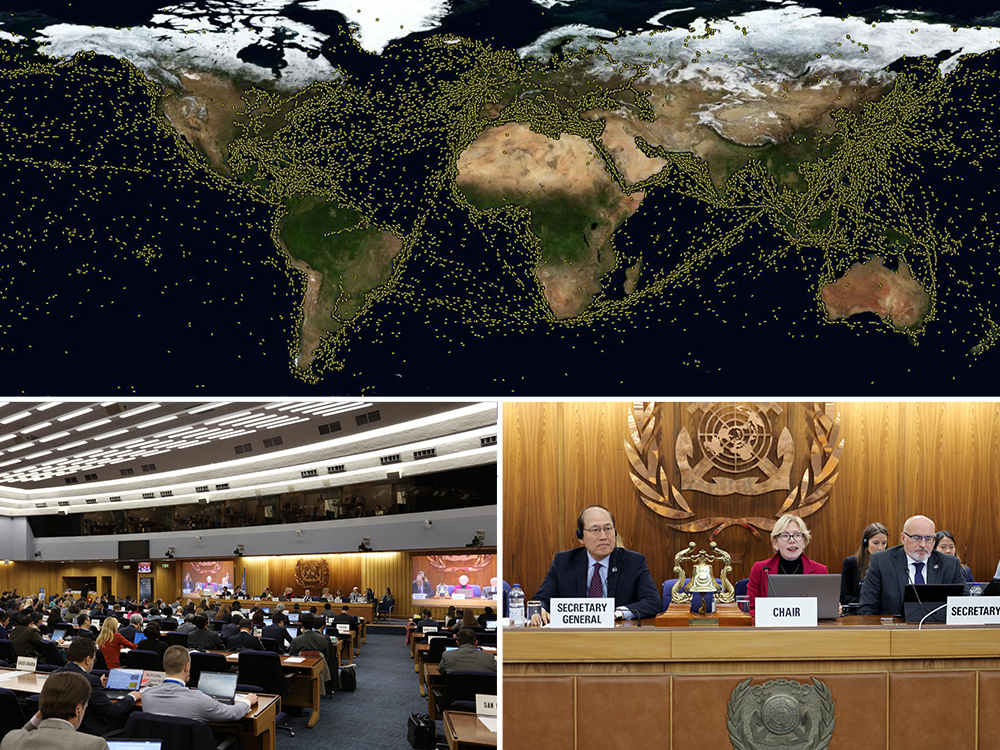The dangerous practice of ship-to-ship transfers in the open ocean, as well as the methods used to obscure ship identities and turning off AIS transponders, were discussed by the Legal Committee of the International Maritime Organization (IMO). The committee was meeting for its 110th session (LEG 110) at IMO Headquarters in London (27-31 March).
The Committee considered a document submitted to the session which raised awareness of the consequences and concerns for the global liability and compensation regime of the increase in ship-to-ship transfers in the open ocean. The Committee noted that these undermined the spirit of the regulation of ship-to-ship operations of tankers as prescribed by IMO’s International Convention for the Prevention of Pollution from Ships (MARPOL).
The Committee was informed that a fleet of between 300 and 600 tankers primarily comprised of older ships, including some not inspected recently, having substandard maintenance, unclear ownership and a severe lack of insurance, was currently operated as a 'dark fleet' or 'shadow fleet' to circumvent sanctions and high insurance costs. This increased the risk of oil spill or collision. This could also result in a participating shipowner evading its liability under the relevant liability and compensation treaties (e.g. International Convention on Civil Liability for Oil Pollution Damage (CLC) and the International Convention on Civil Liability for Bunker Oil Pollution Damage (Bunkers Convention)) in the case of other ships, placing also an increased risk on coastal States and the International Funds for Compensation for Oil Pollution Damage.
Following the discussion, the Committee considered that ship-to-ship transfers in the high seas were high risk activities that undermined the international regime with respect to maritime safety, environmental protection and liability and compensation needed to be urgently addressed.
Read a full summary of LEG 110 here.
